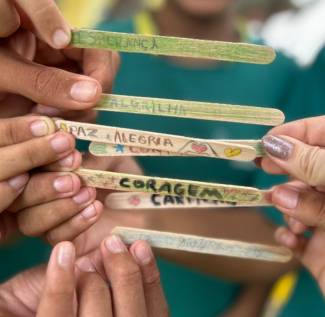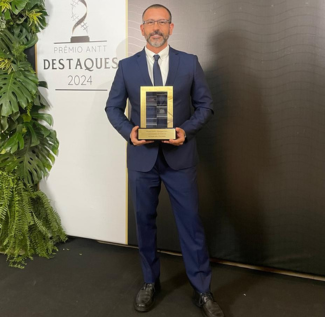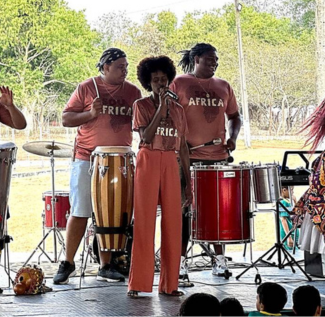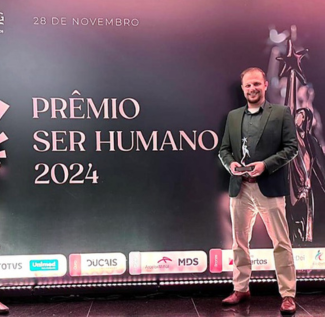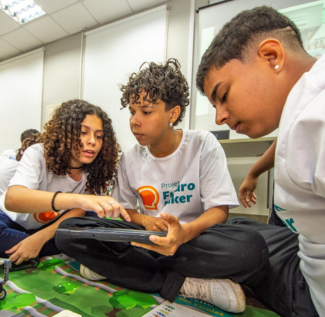“Health Cycle” performs actions to support the Red December campaign and workshops on sexual and reproductive health

The “Health Cycle” Program focused on the December Red campaign at the end of the year. With national mobilization, the red December encourages the fight against the HIV virus, AIDS, and other STIs (Sexually Transmitted Infections).
The podcast “Connect to the Health Cycle” launched the episode Red December: Advances and Challenges in HIV/AIDS Prevention, in which he interviewed the psychologist and master in public health by Fiocruz Salvador Campos Corrêa. Salvador noted that, given the obstacles on the subject, misinformation and prejudice reinforce the stigma of the HIV epidemic, which affects society unequally.
“We have a treatment that is not yet for all people. The black population dies more from HIV than the white population. We need to change this situation so that no one else dies from a disease that has free treatment in our Unified Health System.”
Salvador Corrêa, psychologist and master in public health by Fiocruz.
Classes train teams in serving the public
Thematic workshops on sexual and reproductive health are held in all municipalities where the “Health Cycle” program operates for teams at health units that address related issues, such as Sexually Transmitted Infections (STIs). The objective is to strengthen the training of teams in planning, executing, and evaluating education and health promotion strategies and improving technical content on the subject. During these workshops, instructional materials are used, with technical and dynamic content, and the Sexual and Reproductive Health theme book from the Health Cycle Directed Studies Series.
The distribution of kits from the “Health Cycle – Sexual and Reproductive Health” series was also the focus of the program’s actions aimed at women’s health. A series album about STIs/AIDS, a chart of contraceptive methods, a magnetized chart, an acrylic pelvic model, among other items, was assembled in the kit.
The “Health Cycle” Program strengthened primary care throughout 2021 in the 16 municipalities where it is implemented. It was developed by the Vale Foundation, in partnership with the Center for Health Promotion (Cedaps), the Graduate Program in Family Health at the Estácio de Sá University and the municipal health secretariats.

